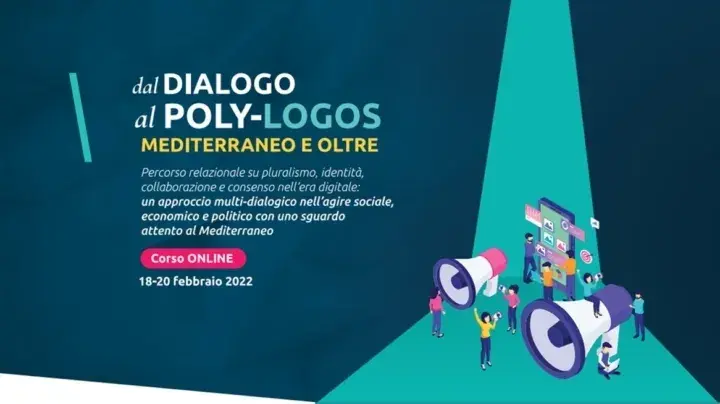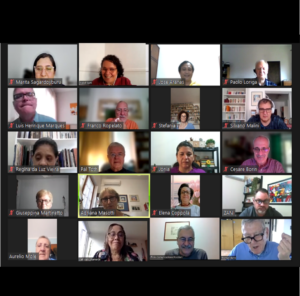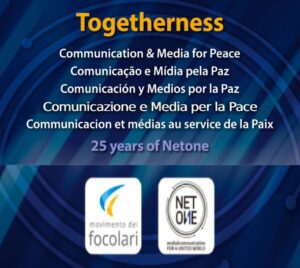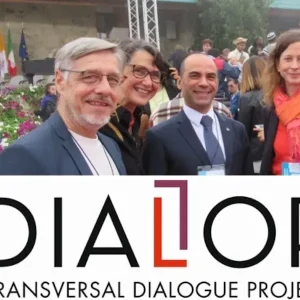
31.01.2022
The seminar ‘From dialogue to poly-logos, a relational path on identity, consensus, collaboration
by Chiara Galbersanini (Sophia University Institute)
The seminar “From dialogue to poly-logos. Mediterranean and beyond. A relational pathway on identity, consensus, collaboration” organized by Sophia Global Studies (SGS) in collaboration with various realities and study centers working in the field of dialogue (the NetOne network), the Città Nuova publishing group, the MPPU international center, the Dialop project, the Giorgio La Pira International Centre for Interreligious Dialogue of the Focolare Movement, the Sophia Network for Eastern Europe, the Department of Philosophy, Social, Human and Educational Sciences and the International Human Being Research Centre of the University of Perugia.
The seminar, which was part of the preparations for the great meeting of the bishops of the Mediterranean Churches and the mayors of the Mediterranean on 23-27 February in Florence, was the result of a process that began about a year ago with professors from different disciplines and with experts who had already had experience of dialogue on several fronts, in order to question ourselves and discuss the theme: “What is the nature of dialogue, if it can be defined? Is it a mode of communicative action or does it imply something else? When can it be defined as a dynamic process, capable of producing transforming effects?” And again: “Is it sufficient to speak of dialogue or, in a plural and complex world, would it be more appropriate to speak of poly-logue or poly-logos, a concept that we find in the sociologist Bauman and that highlights the different levels of dialogue itself and the multiplicity of human truths?”.
The three days were divided into theoretical sessions, case studies and round tables, which were attended by some 70 students, PhD students and professionals.
The round tables broadened the dialogue to include the participation of international experts and professors, including Prof. Fadi Chehadé, former director of Icann, Dr. Vinu Aram, President of the Shanti Ashram Centre of India, Prof. Russell Pearce of Fordham University in New York, an expert on dialogue between Israel and Palestine, for a look at the Mediterranean and international political context, and Prof. Massimiliano Marianelli, Professor of Philosophy in Perugia.
It clearly emerged how often – both in theoretical investigation and above all in practice – reference is made to and use is made of a weak conception of dialogue, in which it is understood as a peaceful method for finding common ground, a sort of “lowest common denominator” to avoid conflict or conceal it. A conception that today is insufficient and in crisis. In fact, we are not only moving in areas that are often polarized, but also highly complex, characterizing phenomena, both on a local and global scale, in which the level of interconnection appears to be very high and diversity is now inscribed.
The contributions and the analysis of the case studies highlighted how the conflict of visions, in itself, does not constitute an insurmountable obstacle to understanding, insofar as it represents the expression of a pluralism of ideas and practice.
The seminar concluded with the awareness that the path taken so far demands to be continued, both to promote ever greater relational and planning cohesion in contemporary society, in its various levels of articulation (inter-personal, social, political; local, national, global), but also to open up further paths of in-depth study and sharing, imagining application areas, models and unprecedented scenarios of a multi-dialogical approach in social, theological, communicative and political action.








